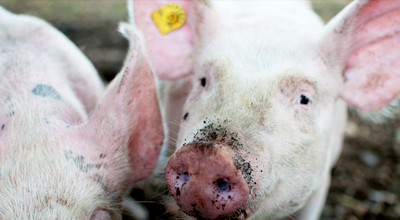
Image: Pixabay
According to data reported by MAPA, African swine fever (ASF) is a fatal viral disease for pigs, which affects both domestic pigs and wild pigs, which live freely in the wild. It does not affect humans, but can cause losses due to mortality and contingency costs in cases of outbreaks and blockages in exports of meat products of pork origin. Currently, Brazil is the fourth largest producer and exporter of pork in the world. It produced 4.436 million tons in 2020 – around 4.54% of world production – and exported 1,024 thousand tons – 23% of national production – to 97 countries.
{module Form RD}
In Brazil, the disease was introduced in 1978 in the state of Rio de Janeiro, through contaminated food waste from international flights originating in countries where the disease was present. The last occurrence of ASF in Brazil was recorded in the state of Pernambuco, in November 1981, and the measures applied by the official Brazilian veterinary service allowed the eradication of the disease throughout its territory and the declaration of the country as ASF-free in 1984.
The support of sniffer dogs was requested to quickly locate organic products in luggage. Mapa is already arranging for the installation of voluntary disposal points at disembarkation, so that passengers carrying prohibited organic products can dispose of them before inspection action. Another measure being studied is the support of airlines in the upcoming guidance campaign for travelers on how to prevent ASF from entering the country through food brought in luggage.
During the night, the ministry's secretaries and the Federal Superintendent of Agriculture of São Paulo (SFA-SP), Andréa Figueiredo Procópio de Moura monitored the inspection by the International Agricultural Surveillance (Vigiagro) on flights with passengers coming from risk areas. No suspicious products were located during inspection, but in previous actions, salami from the Dominican Republic was seized.
By: Aline Merladete | agrolink














